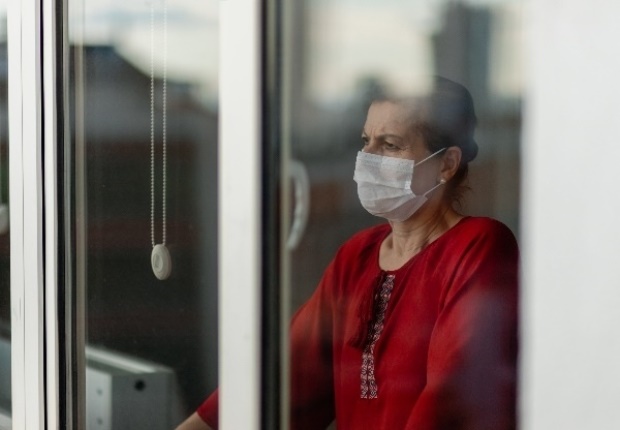
Level 4 lockdown has entered its second week and South African streets are buzzing a bit more, with more than 1,5 million people back at work.
Clothing stores have opened their doors, restaurants are satisfying cravings via delivery services and runners, joggers and walkers are taking advantage of the 6am to 9am exercise slot to make up for lost time.
But not everything can go back to the way it was.
While several restrictions have be relaxed under level 4, the government still has strict measures in place in an attempt to curb the spread of Covid-19.
However, this doesn’t preclude civilians from raising objections in the interim says, Lawyers for Human Rights (LHR) legal counsellor Thandeka Chauke.
Chauke says there are various platforms available for civilians with legitimate reasons to raise objections against lockdown restrictions.
The platforms include:
- Government call centres and hotlines that have been set up for making enquiries or complaints. “Most government websites have also been updated with frequently asked questions sections where useful lockdown information and emergency contact details can be found,” Chauke tells us.
- Chapter 9 institutions which are constitutionally mandated to monitor the observance of human rights and democratic order in South Africa, such the office of the Public Protector and the South African Human Rights Commission.
- Civil society organisations which continue to play a critical role in promoting and protecting the rights of civilians and ensuring access to justice during the lockdown. These include the LHR and Socio-Economic Rights Institute of South Africa. “To this end, a legal support hotline for various public interest law organisations was set up at the beginning of the lockdown to provide civilians with legal advice and support on a range of issues including unlawful arrest and detention, unlawful evictions, labour disputes and so forth. Some of these issues have culminated in court challenges against specific lockdown restrictions,” says Chauke. This was the case in preserving the rights of informal workers to continue earning a living, the rights of mine-affected communities to be engaged in industry plans for the continued operations of mines and the unlawful eviction and demolition of people’s homes.
- Social media. Chauke says when used correctly, social media remains a useful and effective tool for civilians to share information and opinions on the lockdown restrictions, to raise objections and mobilise support for their objections. “Particularly in a time of social distancing where physical gatherings are prohibited, caucusing online has become the new normal. We’ve seen this with the complaints on excessive pricing of masks, complaints on the non-sale of baby essentials and winter clothing, as well as petitions against the cigarette and alcohol ban,” she says.
For restrictions to be relaxed, a regulation must be proven unreasonable and unjustifiable.
“Section 36 of the Constitution provides various factors that must be considered in determining whether or not the limitation of rights and freedoms is reasonable and justified in the context,” says Chauke, referring to the limitation clause.
These include “the nature of the right which is being limited; the importance of the purpose of the limitation; the nature and extent of the limitation; the relationship between the limitation and the purpose of the limitation; and whether there are less restrictive means to achieve the same purpose,” she adds.
If anyone has a valid or meritorious objection to any restriction, Chauke says they can consider taking practical steps such as starting a petition, engaging a lobbying and advocacy group or even launching a court challenge.
“The purpose of the lockdown is to curtail the spread of a highly infectious disease. While the effects of the restrictions that have been put in place are extensive insofar as they limit individual rights and freedoms, they are also significant as they are aimed at preserving the health and lives of all persons, particularly the vulnerable. Whether or not civilians will be successful in challenging any of the restrictions depends on the limitations clause.”
*Covid-19 is keeping many of us indoors. Shopping trips have become brief, normal activities have been halted and many have been wondering how they’ll find things to do while indoors – and if they’ll still get a copy of their favourite YOU magazine.
Though YOU magazine is available in most grocery stores, you can subscribe online with no fuss for your much-needed “me-time” as well as helpful updates to keep you and your family informed. Click here to purchase a digital copy.




 Publications
Publications
 Partners
Partners
















